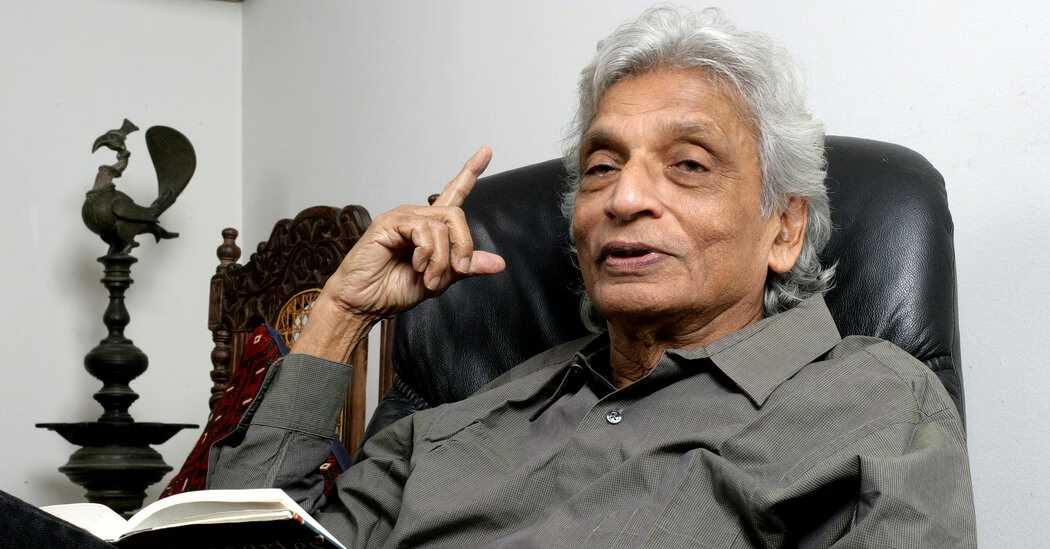Gananath Obeyesekere, a renowned anthropologist known for his extensive career and comprehensive social insights, which incorporated a blend of Hindu texts, Freudian psychoanalysis, Christian mysticism, and other ideas, passed away on Tuesday at his residence in Colombo, Sri Lanka. He was 95 years old. His death was confirmed by his son Asita. Born in a small village in Sri Lanka, then known as Ceylon, under the British Empire, Dr. Obeyesekere spent much of his career teaching at Princeton University in the United States, establishing himself as a leading intellectual figure in discussions on colonialism, pluralism, and the search for common ground across cultural divides.
In 1992, he gained public recognition with his book, “The Apotheosis of Captain Cook: European Mythmaking in the Pacific.” This work challenged the prevalent notion among historians and anthropologists, including Marshall Sahlins, who had argued that the Hawaiians revered Captain James Cook as a god, leading to his eventual murder upon his return. Dr. Obeyesekere contended that the Hawaiians recognized Cook as a man, not a god, and were only involved in a secular dispute regarding his return.
Despite facing criticism for his views, which were seen as denying the unique thought processes of non-Western cultures, Dr. Obeyesekere’s work often sought to identify universal qualities across different cultures. His later work extended beyond traditional anthropology to include philosophy, sociology, and literary criticism. For example, in “The Awakened Ones: Phenomenology of Visionary Experience” (2012), he explored mysticism across various cultures and periods, involving Hinduism, Buddhism, and the poetry of William Blake, arguing that nonrational does not equate to irrational.
Born on February 2, 1930, in Meegama, Sri Lanka, Dr. Obeyesekere’s family later moved to Colombo, where his father practiced Ayurvedic medicine. He studied English literature at the University of Ceylon and went on to pursue anthropology at Oxford. Dr. Obeyesekere earned his master’s and doctoral degrees from the University of Washington and taught at several universities, including the University of California San Diego and Princeton. He retired in 2000 and is survived by his wife Ranjini, their sons Asita and Indrajit, their daughter Nalinika, three grandchildren, and one great-grandson. His legacy continues to influence fields of anthropology, sociology, and cross-cultural studies.
Source: https://www.nytimes.com/2025/03/30/world/asia/gananath-obeyesekere-dead.html





